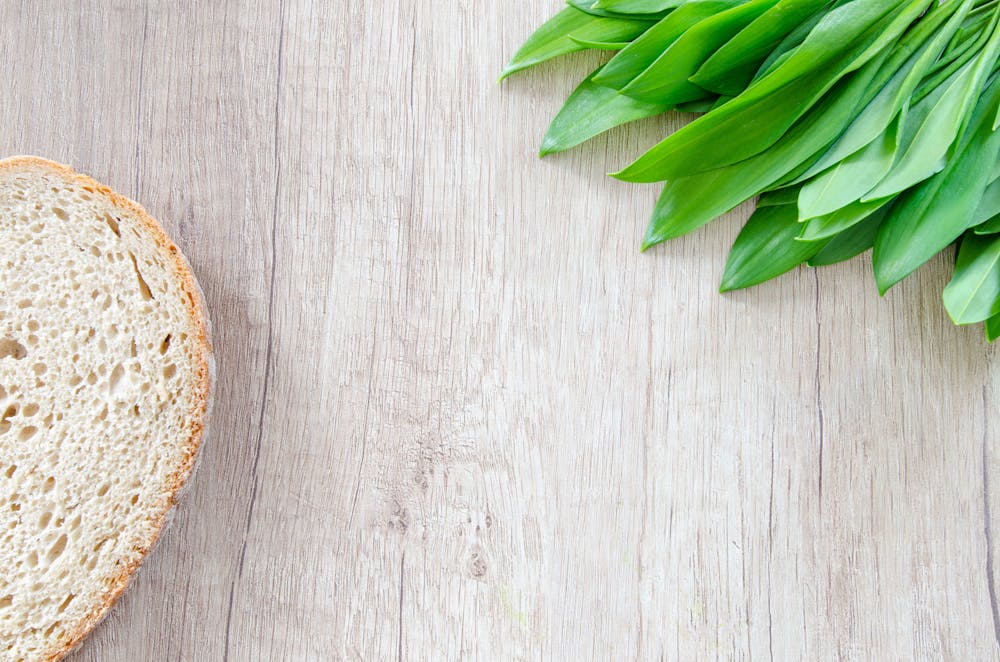Exploring the realm of cooking with fresh herbs has been an exciting culinary journey for me. Not only do fresh herbs add vibrant flavors and aromas to dishes, but they also offer a plethora of nutritional benefits that can elevate the overall health profile of our meals. Here, I delve into the wonderful world of fresh herbs, highlighting their versatility, nutritional value, and tips for incorporating them into everyday cooking.
 **1. Versatility of Fresh Herbs:**
**1. Versatility of Fresh Herbs:**
Fresh herbs come in a variety of flavors, ranging from earthy and savory to bright and citrusy. Whether it’s the robustness of rosemary, the freshness of mint, or the zing of cilantro, each herb brings its unique character to dishes, enhancing their depth and complexity.
 **2. Nutritional Powerhouses:**
**2. Nutritional Powerhouses:**
Beyond their culinary appeal, fresh herbs are also packed with essential vitamins, minerals, and antioxidants. For instance, parsley is rich in vitamin K and antioxidants, while basil boasts anti-inflammatory properties and is a good source of vitamin A and K. Incorporating a variety of fresh herbs into our diet can help boost our intake of these beneficial nutrients.
 **3. Tips for Using Fresh Herbs:**
**3. Tips for Using Fresh Herbs:**
– Wash herbs thoroughly under cold water before using them to remove any dirt or debris.
– To preserve their freshness, store herbs properly by wrapping them in damp paper towels and placing them in a plastic bag in the refrigerator.
– For optimal flavor, add delicate herbs like parsley, cilantro, and basil towards the end of the cooking process, while heartier herbs like rosemary, thyme, and sage can withstand longer cooking times.
– Experiment with different combinations of herbs to create unique flavor profiles in your dishes. For example, try pairing basil with tomatoes in Caprese salad or combining rosemary and thyme for roasted vegetables or meats.
 **4. Health Benefits of Fresh Herbs:**
**4. Health Benefits of Fresh Herbs:**
– Many herbs possess medicinal properties and have been used for centuries in traditional medicine practices.
– Herbs like ginger and turmeric are known for their anti-inflammatory and immune-boosting properties, while garlic and oregano exhibit antimicrobial effects.
– Incorporating fresh herbs into our meals not only enhances flavor but also contributes to our overall well-being by supporting various aspects of health.
 **5. Growing Your Own Herbs:**
**5. Growing Your Own Herbs:**
For those who enjoy gardening, growing herbs at home can be a rewarding experience. Herbs like basil, mint, and thyme thrive in pots or garden beds and can be easily cultivated indoors or outdoors, providing a convenient and cost-effective source of fresh herbs for cooking.
 In conclusion, cooking with fresh herbs is a simple yet powerful way to elevate the flavor and nutritional profile of our meals. From enhancing savory dishes to adding freshness to desserts and beverages, fresh herbs offer endless possibilities in the kitchen. By embracing the versatility and health benefits of fresh herbs, we can embark on a flavorful culinary journey that nourishes both body and soul.
In conclusion, cooking with fresh herbs is a simple yet powerful way to elevate the flavor and nutritional profile of our meals. From enhancing savory dishes to adding freshness to desserts and beverages, fresh herbs offer endless possibilities in the kitchen. By embracing the versatility and health benefits of fresh herbs, we can embark on a flavorful culinary journey that nourishes both body and soul.




